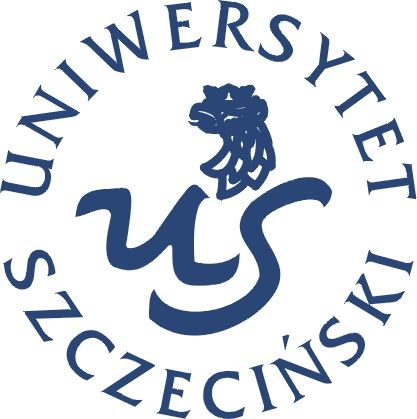The Department of English at Szczecin University will host is seeking submissions for their Transdisciplinary Conference, November 17-19, 2016.
To submit a project, please email abstracts of up to 300 words by March 14, 2016 to conference organizers.
 “Medium is the message,” as Marshall McLuhan asserted in his seminal 1964 work entitled Understanding Media: The Extensions of Man. In so doing he simultaneously blurred the line between the traditionally envisioned, binary notion of the content and form. Forty two years later, in 2006, Henry Jenkins clearly demonstrated, via his widely acclaimed Convergence Culture: Where Old and New Media Collide, the medium/message rapport to be a process, not an endpoint. In consequence, this representational cultural model has also assumed its own agency thus becoming performative of broadly understood cultural workings. In 2016, with culture transmedialization – popularly conceived of as “transition in the making” – being a fact of life, McLuhan’s famous statement could, accordingly, be re/configured in the following way: “how is (cultural) message trans/mediated?”
“Medium is the message,” as Marshall McLuhan asserted in his seminal 1964 work entitled Understanding Media: The Extensions of Man. In so doing he simultaneously blurred the line between the traditionally envisioned, binary notion of the content and form. Forty two years later, in 2006, Henry Jenkins clearly demonstrated, via his widely acclaimed Convergence Culture: Where Old and New Media Collide, the medium/message rapport to be a process, not an endpoint. In consequence, this representational cultural model has also assumed its own agency thus becoming performative of broadly understood cultural workings. In 2016, with culture transmedialization – popularly conceived of as “transition in the making” – being a fact of life, McLuhan’s famous statement could, accordingly, be re/configured in the following way: “how is (cultural) message trans/mediated?”
Interfusing human life to the point of making it a (post)human mode of (post)cultural production, the trans/mediated (cultural) message can appear as, primarily, a peculiar affective practice, enabling a more effective cooperation of all cultural agents. However, such an apparent “affection-image,” to paraphrase Gilles Deleuze, of culture, might be perceived as but a audio-visual trick played on us by those who economically control the culture industry. In effect, the resulting “cultural franchise” can also crop up as a performance of concrete knowledge and hence a “political demonstration” of/against what in the idiom of Michel Foucault is a “cartography of power.”
For the purpose of pondering over these and other questions, we would like to invite all who want to explore the multiple – theoretical and practical – transdisciplinary ways in which transmediality activates, questions, complicates, reformulates, destabilizes etc. cultural productions.”
For more information, visit their website.

